House leaders try to break stalemate on casino, lottery bill
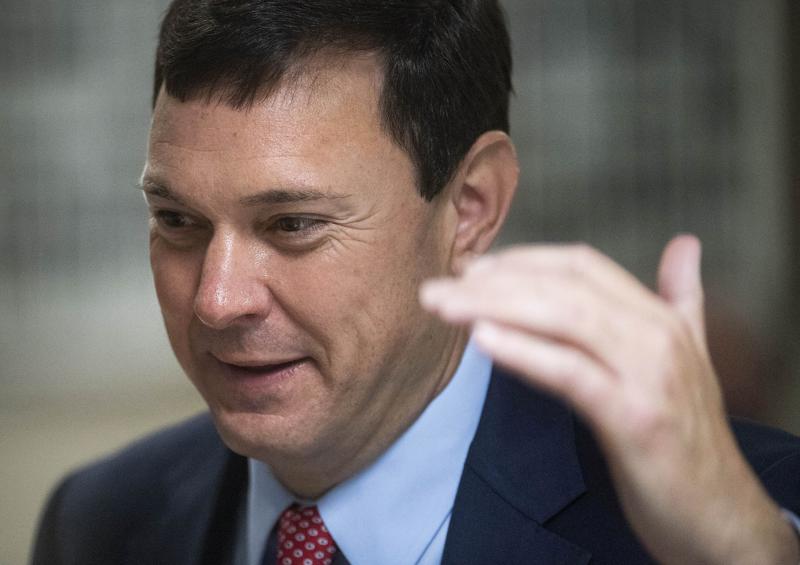
The fate of an Alabama lottery and casino bill remained in limbo on Thursday as the House of Representatives delayed a vote amid a flurry of last-minute negotiations to try to obtain the needed support. House leaders of both parties met multiple times through the day for negotiations on the bill, trying to work out a compromise that could muster the 63 votes needed to pass the 105-member House. The chamber moved on to other bills Thursday night as the discussions continued. “There’s been a lot of work on it. Right now, we are looking at the differences in the House and the Senate, the majority caucus and the minority caucus. They are sitting in there now at the table working through it,” House Speaker Mac McCutcheon said Thursday evening. McCutcheon said he was unclear if the bill would get to the floor Thursday night. “I don’t know. That is the safest answer I can give you right now. I don’t know,” McCutcheon said. The proposed constitutional amendment, which would have to be approved by both lawmakers and state voters, would establish a state lottery to fund college scholarships and nine casinos locations that would be located primarily at existing state dog tracks and sites owned by the Poarch Band of Creek Indians. The gambling bill faces opposition from a mix of Republicans opposed to legalized gambling and lawmakers arguing the bill picks winners and losers by naming casino locations. Supporters argue Alabama is one of five states without a lottery, and it is time to give Alabama voters the opportunity to vote on gambling for the first time in two decades. Alabamians last voted on a state lottery in 1999 when voters rejected a lottery proposed by then-Gov. Don Siegelman. “It’s time to let the citizens vote again,” said Republican Rep. Chris Blackshear of Phenix City, who is handling the Senate-passed bill in the Alabama House. The proposed constitutional amendment needs 63 votes to pass the 105-member House of Representatives. “We have been trending in the right direction,” Blackshear said but added there is a degree of uncertainty. The Alabama Senate last month voted 23-9 for the bill. However, the measure is facing a tough vote and a ticking legislative clock with one-day meeting in the session. If approved by lawmakers, the measure would go before voters in November 2022. The major sticking point, as it has been in previous debates over casino gambling, is which sites would be given an advantage in trying to win a casino license. The proposal would name the sites for the casinos, but the license would be put up for bid. Casinos and sports betting locations would be at Greenetrack in Greene County, the Crossing at Big Creek in Houston County, the Birmingham Race Course in Jefferson County, VictoryLand in Macon County, the Mobile County Greyhound Racing facility in Mobile County, and a sixth site negotiated between the governor and the Poarch Band of Creek Indians to be located in DeKalb County or Jackson County, Additionally, it would open up the Poarch Band’s three tribal sites for casino games. Some opponents argued it is unfair to exclude existing electronic bingo locations in Greene and Lowndes county operating under current constitutional amendments. The state has been a long-running legal battle over the legality of the slot machine lookalikes. Rep. Kelvin Lawrence, R-Hayneville, said the proposal as written would close an existing electronic bingo hall in Lowndes County, one of the poorest counties in the state while allowing a new casino location in north Alabama. Donald Trump, Jr., the son of former President Donald Trump, wrote a tweet criticizing the Alabama legislation as a “bad bill” and that it would give a monopoly to a small group of casino operators while excluding “world’s best gaming operators” from coming to Alabama. While the former president won over 60% of the vote in Alabama, Blackshear said he did not think the tweet would have a large effect on GOP votes. “I’m here trying to figure out a way to do what is best for the citizens of Alabama,” Blackshear said. Alabama Attorney General Steve Marshall on Wednesday spoke out against arguments from some supporters that the state should make gambling operations legal because state laws against gambling are not being enforced. “Individuals who make this argument are either ignorant or are purposely trying to mislead legislators. My office has over 30 cases currently pending against gambling operators, some with trial dates set for this summer, and we expect to win them all,” Marshall said in a statement. Republished with the permission of the Associated Press.
Families, doctors urge Alabama to reject trans treatment ban
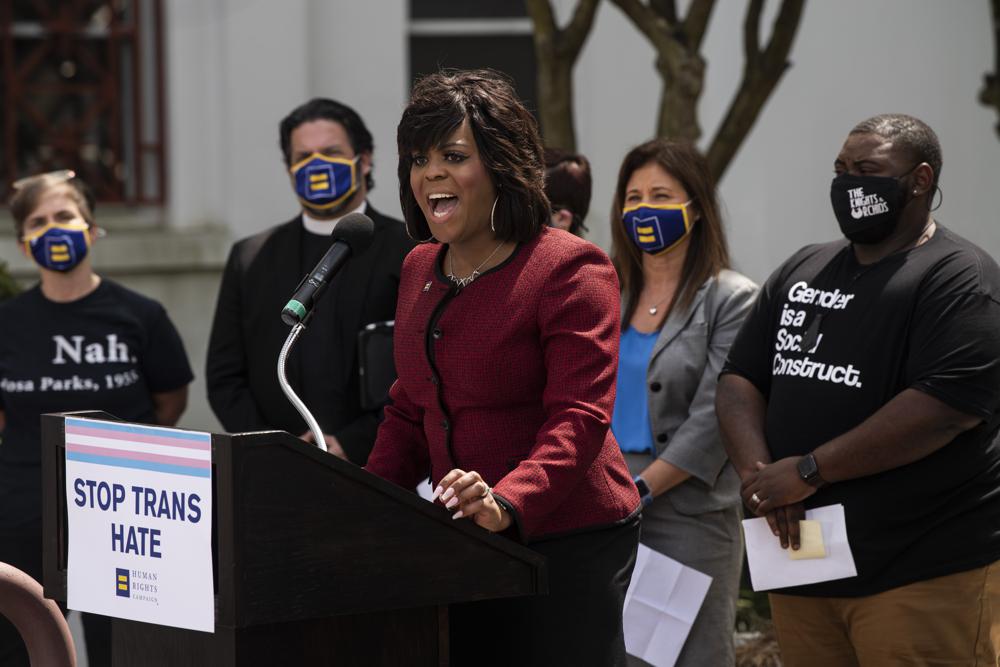
Transgender youth, parents, and advocates on Tuesday urged the Alabama House of Representatives, as well as the state’s governor, to reject legislation that would ban the use of puberty blockers or hormones to treat transgender minors. Arkansas, earlier this month, became the first state to approve such legislation. Alabama could be the second if House members approve the Senate-passed bill. Parents, medical providers, and a transgender teenager spoke out against the Alabama bill during a virtual press conference hosted by the Human Rights Campaign. “I ask you to take a look at our family. How am I hurting me or anyone else by wanting medical, hormonal treatment? I do not want to be a pawn in a political agenda in which I was never consulted about,” Phineas Smith, a 16-year-old transgender boy, said. The Alabama bill would make it a felony, punishable by up to 10 years in prison, for a doctor to prescribe puberty-blockers or hormones or perform surgery to aid in the gender transition of people 18-years-old or younger. The measure cleared the state Senate in early March and awaits a vote in the House of Representatives, where Republicans outnumber Democrats 76-27. Opponents, including parents and trans youth, say such measures interfere with medical decisions and target trans individuals for the sake of politics. Sponsors counter that they are trying to protect children from decisions that should wait until adulthood. House Speaker Mac McCutcheon last week said House members are trying to educate themselves on the issue, and he could not estimate when the bill might see a floor vote. The session is tentatively scheduled to end on May 17. “Anytime you get a bill that’s that significant, that deals with those kinds of issues, members want to make sure that they are educated on it before they make a vote on it. And I respect that. And because of that, we’re not trying to rush that bill through either,” McCutcheon said. Carmarion D. Anderson, Alabama director for the Human Rights Campaign, said the bill is part of a wave of anti-trans legislation being introduced nationally. She said that depression and suicide rates increase among trans youth denied access to gender-affirming medical care. “Denying them the chance to be who they are isn’t just wrong, it’s actually putting these kids in danger. The disinformation peddled by the proponents of this bill is dangerous,” said Carmarion D. Anderson, Alabama director for the Human Rights Campaign. Lawmakers in Alabama and 16 other states have introduced measures targeting health care for transgender youth amid a campaign encouraged by the Alliance Defending Freedom, the Heritage Foundation, and other groups aligned with the Republican Party. Trace Trice, Phineas Smith’s mother, said legislators “have taken something that is a private matter and used it for their own agendas and made it very clear that they have a true lack of understanding about trans youth and their families.” In a message to the legislators sponsoring the bills, Smith said his parents “taught him that real men admit their mistakes,” and there would be no shame in pulling the bill. “There’s shame in not stopping a mistake you know is hurting people. Trans youths from all over Alabama told you this is hurting us,” he said. The Legislature also recently gave final approval to a bill that would ban transgender public school students from playing sports of the gender with which they identify. Alabama Gov. Kay Ivey told reporters Tuesday she will take a “good look” at the bill when it reaches her desk but did not elaborate on whether she will sign it. Republished with the permission of the Associated Press.
Alvin Holmes dies at 81; had served decades in Alabama House
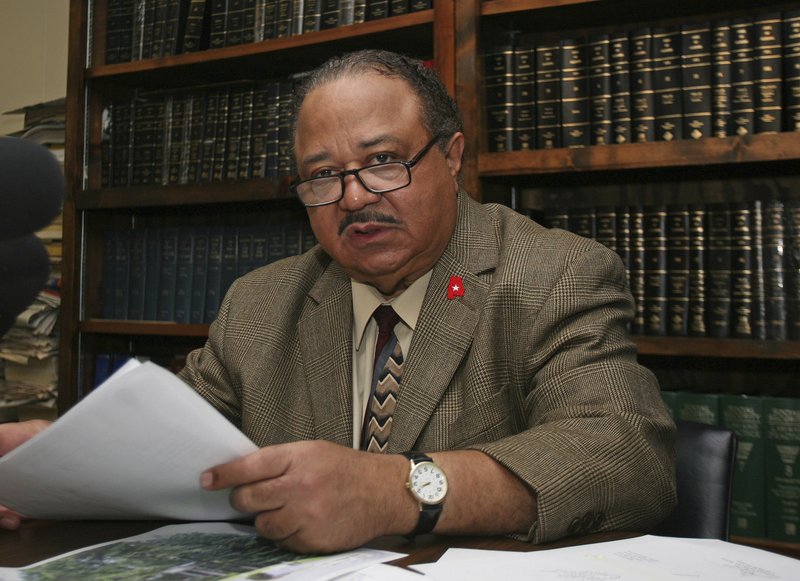
Former state Rep. Alvin Holmes, who had been the longest-serving member of the Alabama House of Representatives before his 2018 defeat, has died. He was 81. Alabama House of Representatives spokesman Clay Redden confirmed Holmes’ death Saturday. Holmes, one of the first African Americans elected to the Alabama Legislature after the civil rights era, was for decades a fixture at the Statehouse. His political career included battles over issues ranging from removing Jim Crow language from the state Constitution to taking the Confederate flag off of the Alabama Capitol. With his trademark outspokenness, he had panache for humorous, and sometimes controversial, moments. Holmes was first elected to the House of Representatives in 1974, just four years after African Americans — who hadn’t served since Reconstruction — returned to the Legislature. “I came to the Statehouse out of the civil rights movement. I said I wanted to go up there and make a change,” Holmes said after his defeat in 2018. Holmes had said the accomplishments he was most proud of included establishing Martin Luther King Day as a state holiday and pushing for the hiring of African Americans for professional positions at the Alabama Legislature. He was among lawmakers who fought to take the Confederate battle flag off the Alabama Capitol’s dome where it had formerly flown as a symbol of Southern defiance to integration. He sponsored a constitutional amendment to remove an interracial marriage ban from the Alabama Constitution and unsuccessfully fought for years to get sexual orientation included in the state hate crime statute. House Speaker Mac McCutcheon said Holmes was a champion for civil rights and for all taxpayers. “He took stands to ensure African Americans were treated fairly and that tax dollars were spent wisely. Representatives Holmes could be forceful at times and give no ground on issues he was passionate about, but no one ever questioned his sincerity. I was proud to call him a friend,” McCutcheon said. The short, mustached Holmes had a flair for humor and bluntness at the House microphone, a skill he said he knowingly deployed at times to draw attention to issues. Once, during a floor debate, Holmes pulled out a wad of cash and said he would give $700 to anyone who showed him Bible verses specifying that marriage is between only a man and a woman. The challenge prompted a flood of calls into the statehouse switchboard. “What’s wrong with the beer we got? I mean the beer we got drinks pretty good don’t it.” he also once asked during a debate on a bill, promoted by beer enthusiasts, to allow the sale of higher alcohol content brews. Rep. Christopher England, who also serves as chairman of the Alabama Democratic Party, said Holmes was a great Democrat and a fighter. “He stood on the frontlines of the fight for civil rights and was willing to sacrifice everything in his fight for justice for all. …. Alabama has lost a giant, whose wit, intelligence, fearlessness, selfless determination, and leadership will be sorely missed.” Republished with the permission of the Associated Press.
Lawyer: State Rep. Will Dismukes maintains innocence
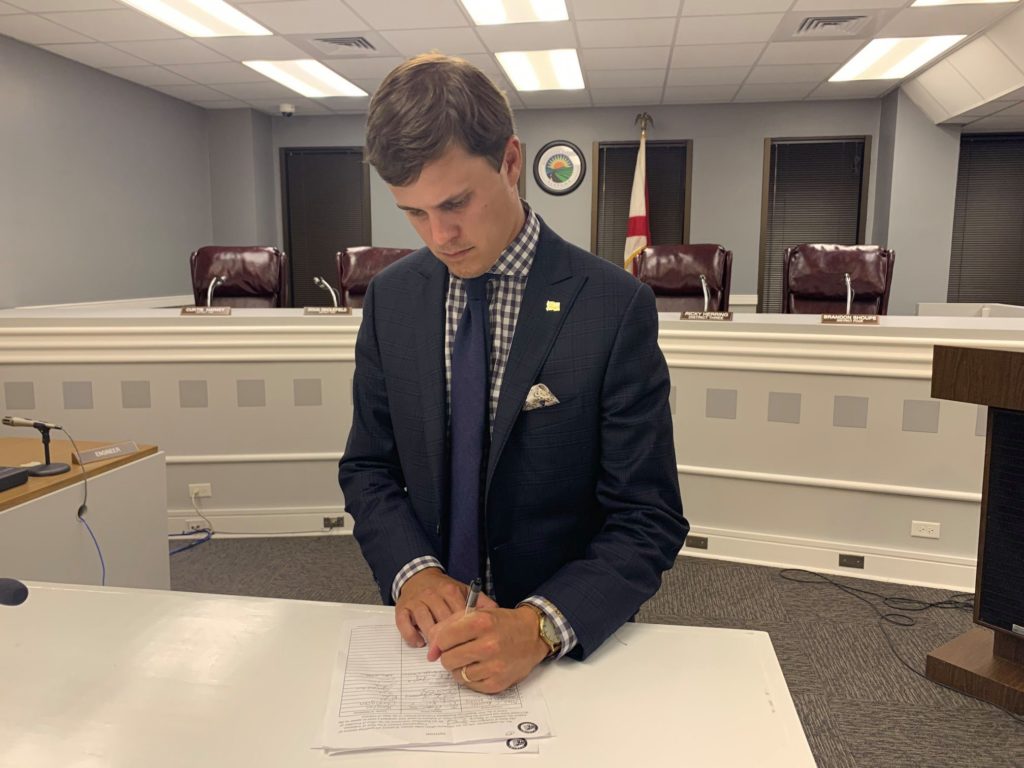
Montgomery District Attorney Daryl Bailey said the business made a complaint on May 20.
Longest serving Alabama state representative dies of cancer
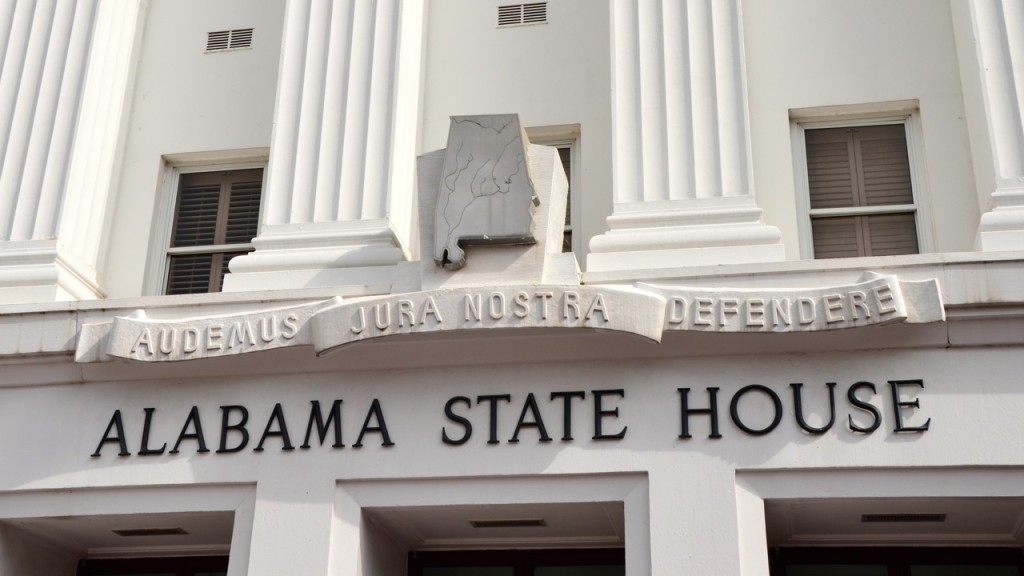
Johnson had served in the House since 1978.
Mac McCutcheon: Alabama house members answer the call to duty

Speaker Mac McCutcheon praises the work of the legislature following its return to Montgomery to finish up the session amid the coronavirus pandemic.
Legislature approves Kay Ivey plan for $1.8 billion COVID relief cash
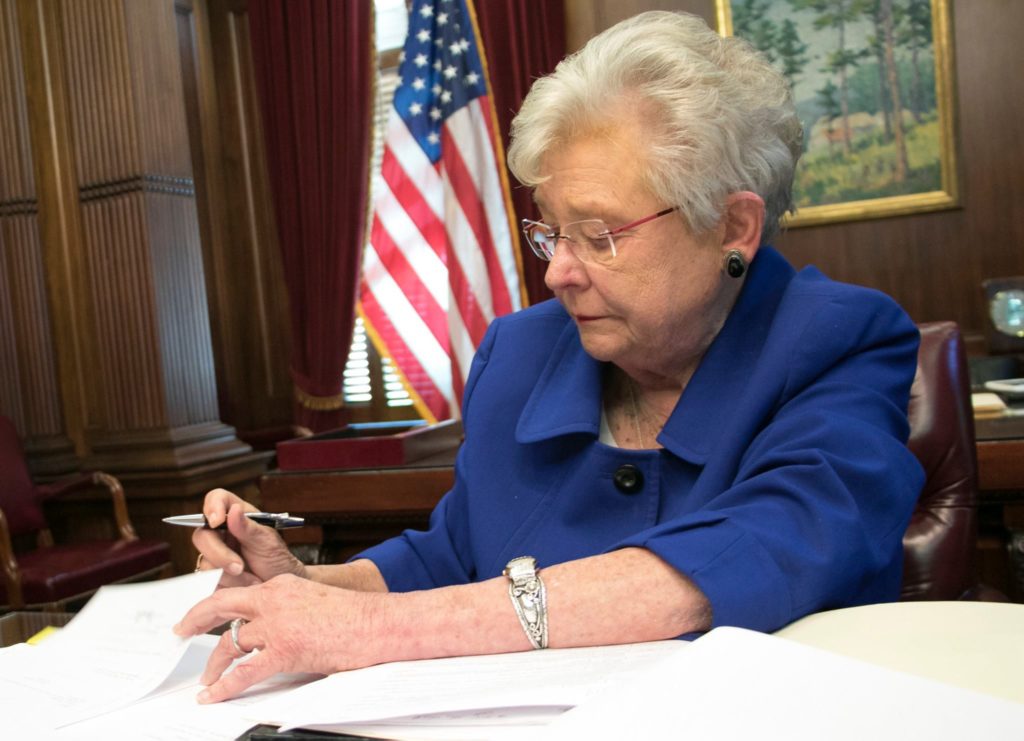
Legislative leaders will get advance notice of large expenditures but have no power to stop it.
Prison changes, lottery bills postponed as session cut short
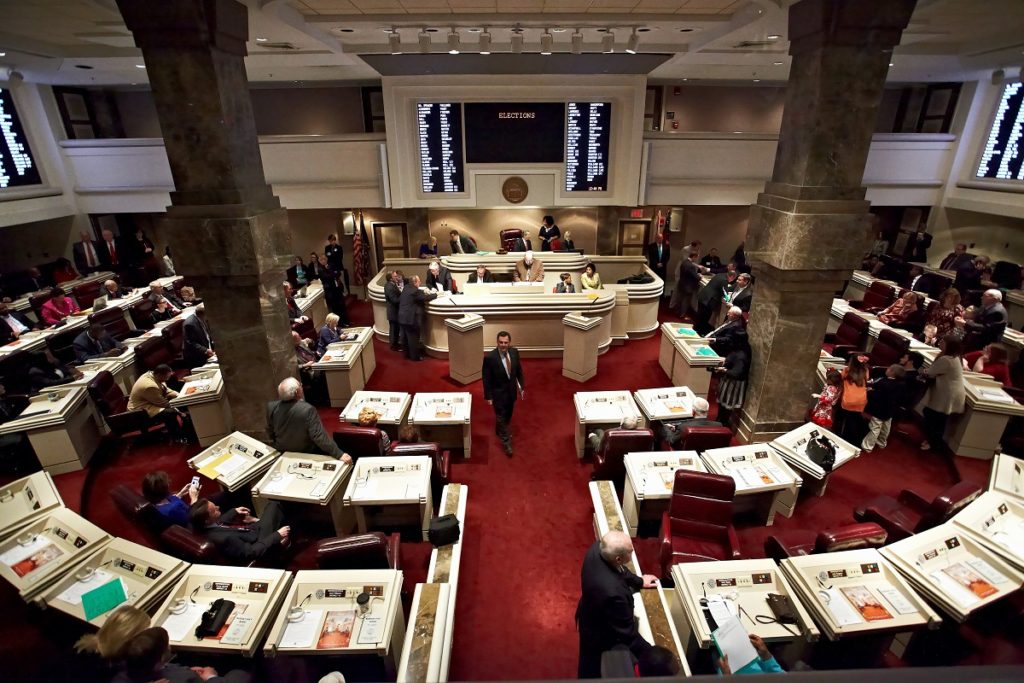
Lawmakers used their abbreviated meeting time to focus on state budgets and passing a $1.25 billion bond issue to fund school construction.
Del Marsh: New statehouse with COVID cash should be discussed
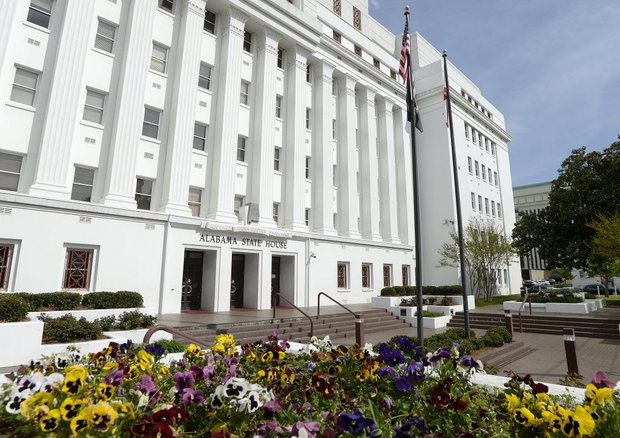
Marsh said the Statehouse construction idea isn’t a priority but could be discussed if funds are left over.
Lawmakers return for shortened session

Only 60 members of the 105-member House answered roll.
Dozens of VA home virus cases; State loses abortion appeal
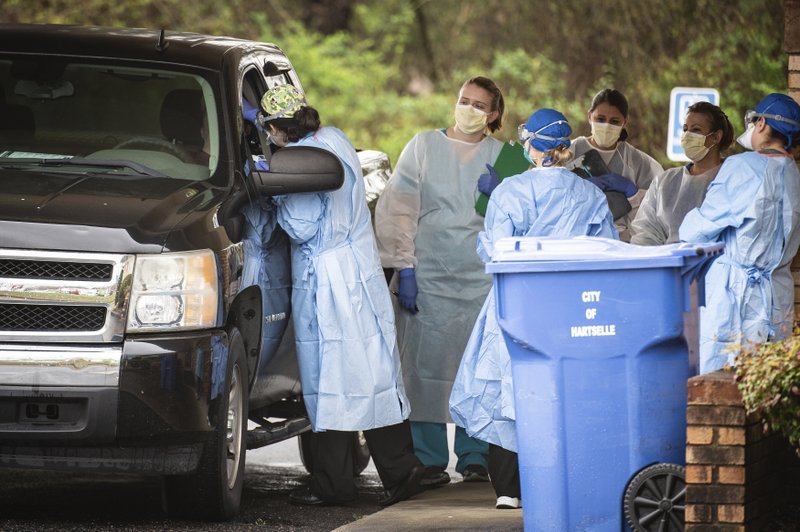
Appellate judges ruled Alabama, at least for now, cannot limit abortions during the virus outbreak.
What they’re saying: Alabama reacts to ruling in Mike Hubbard appeal
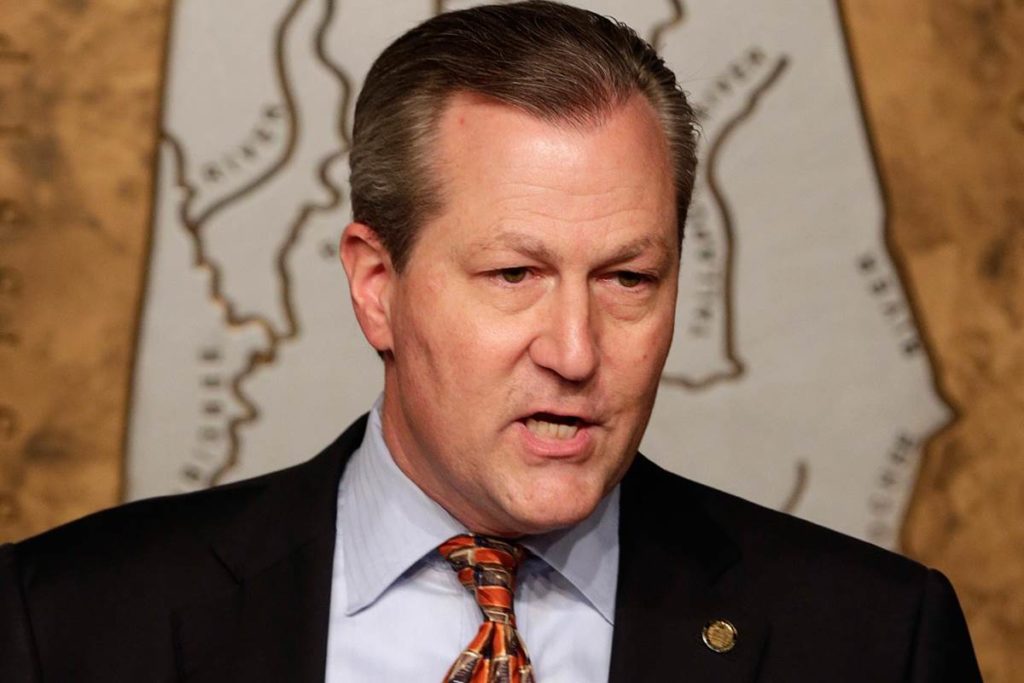
On Friday, the Alabama Supreme Court upheld six ethics convictions against former Alabama Speaker Mike Hubbard while simultaneously reversing conviction on five other charges. On June 10, 2016, Hubbard was convicted on 12 of 23 counts of corruption, which automatically removed the powerful Republican from both the Legislature and the speaker’s office, ending the upward trajectory of the one-time GOP star whose career previously appeared to have no limits. He was later sentenced to a total of four years in prison and eight years on probation, and ordered to pay a $210,000 fine. In June 2019 Hubbard asked the Alabama Supreme Court to overturn his conviction. Here’s what Alabama politicians are saying of the Alabama Supreme Court’s decision: Governor Kay Ivey: “Today’s ruling from the Alabama Supreme Court is the culmination of four years of deliberation, and I support and accept their findings. As an elected official, our first priority is to be above reproach and avoid even the appearance of misconduct and abuse of office. “I support seeking clarity on our state’s ethics laws to ensure those who want to abide by them may not be unfairly targeted. However, let me be abundantly clear, I do not support weakening a system that is meant to hold our elected officials accountable. The rule of law must be upheld. “Even more so on this Good Friday, my thoughts and prayers are on Mike Hubbard’s family and upon our state as we move on from this unfortunate part of Alabama’s history.” Alabama House Speaker Mac McCutcheon: “The Supreme Court’s ruling has made it clear that our ethics law has flaws that must be addressed. Our task now is to fix those flaws without weakening any of the provisions that make our ethics law among the toughest in the country. “As a former police officer, I believe that strict ethics requirements offer a much needed deterrent to corruption. By following the roadmap suggested by the State Supreme Court, we can preserve that deterrent while firmly holding those who abuse their office accountable for their actions.”


